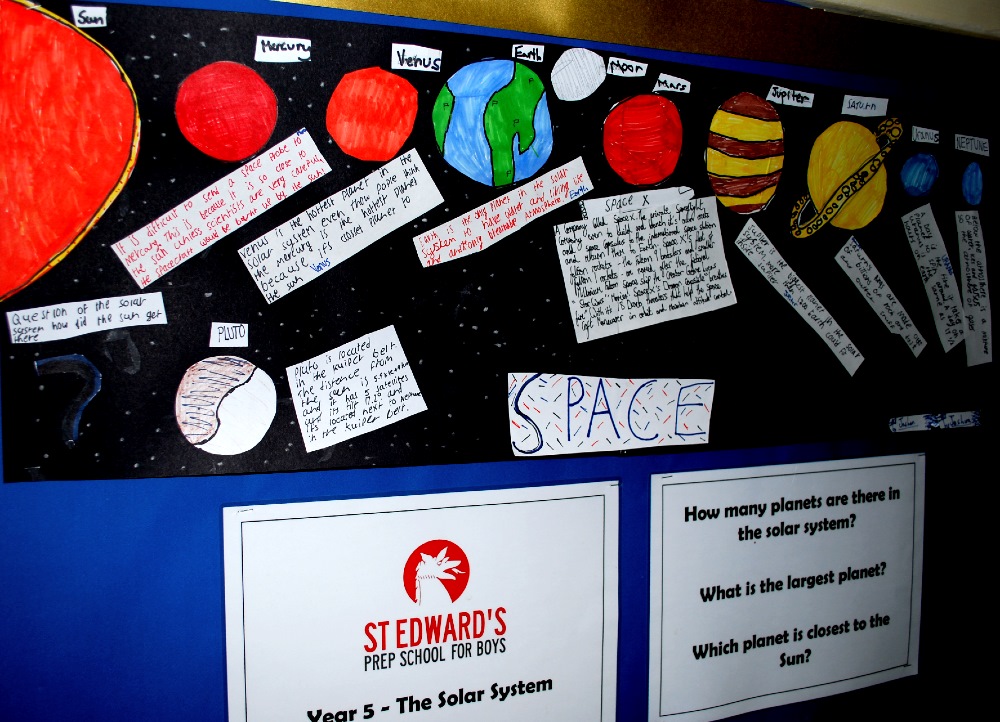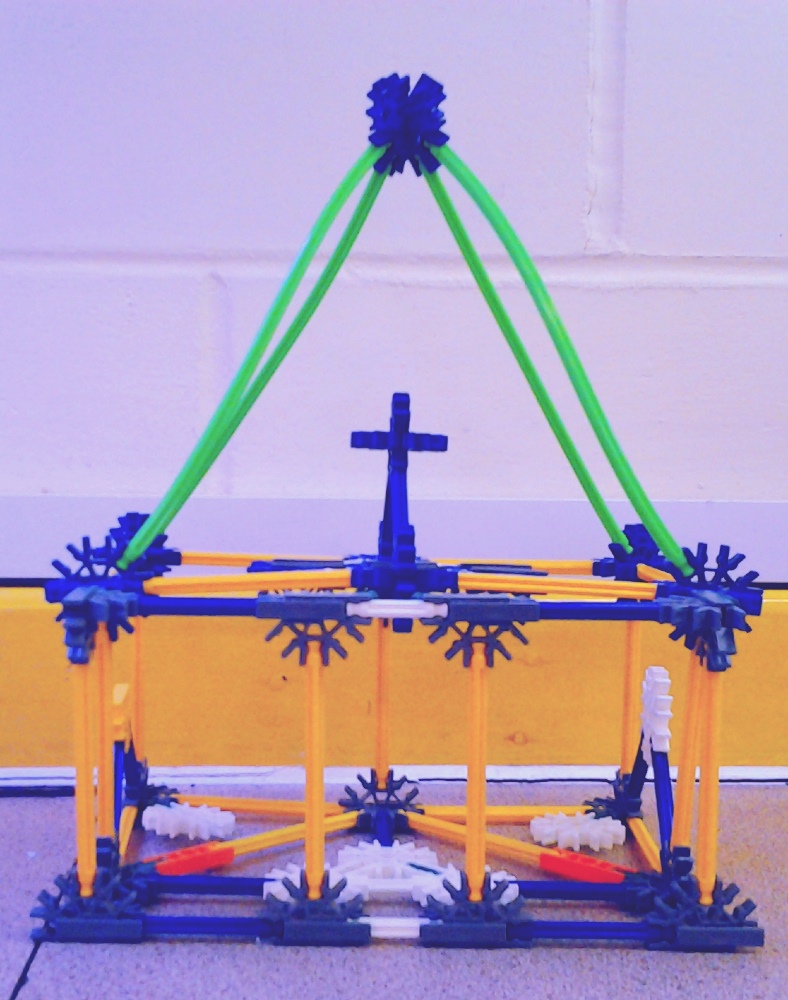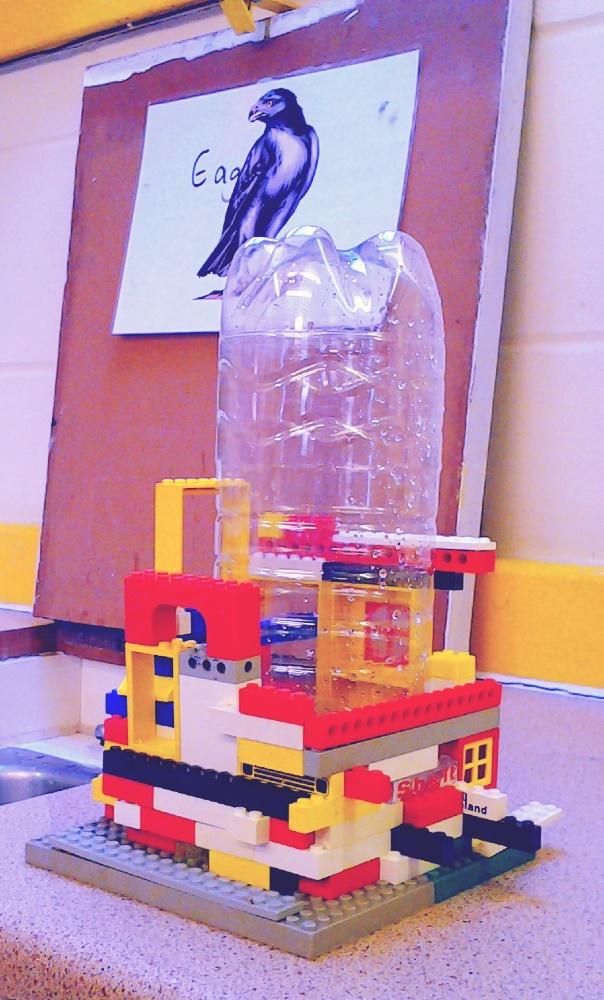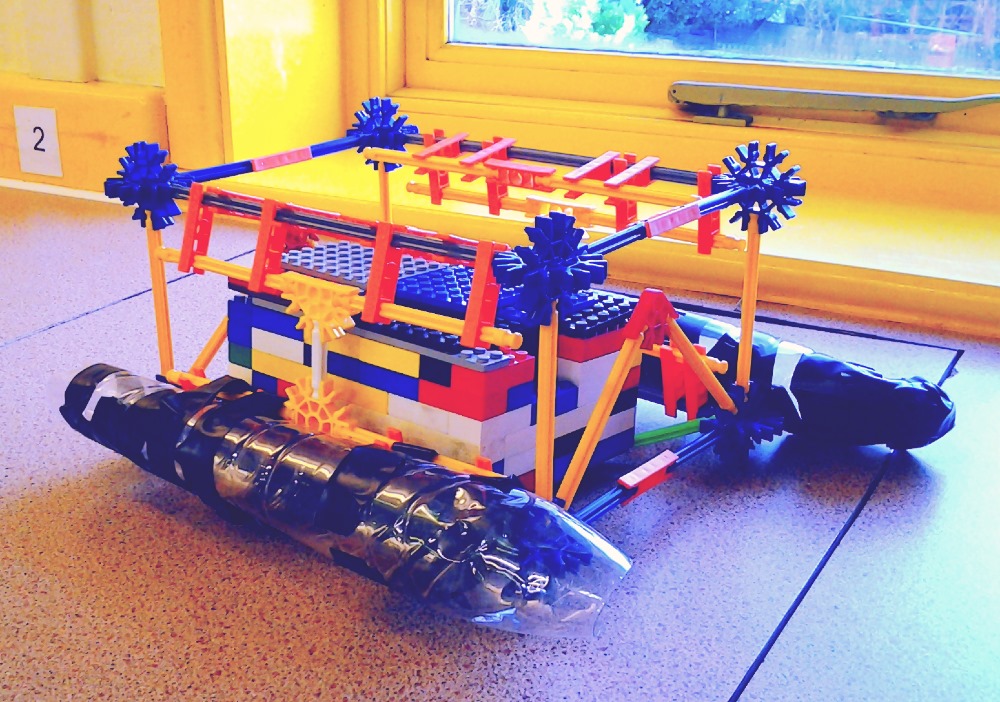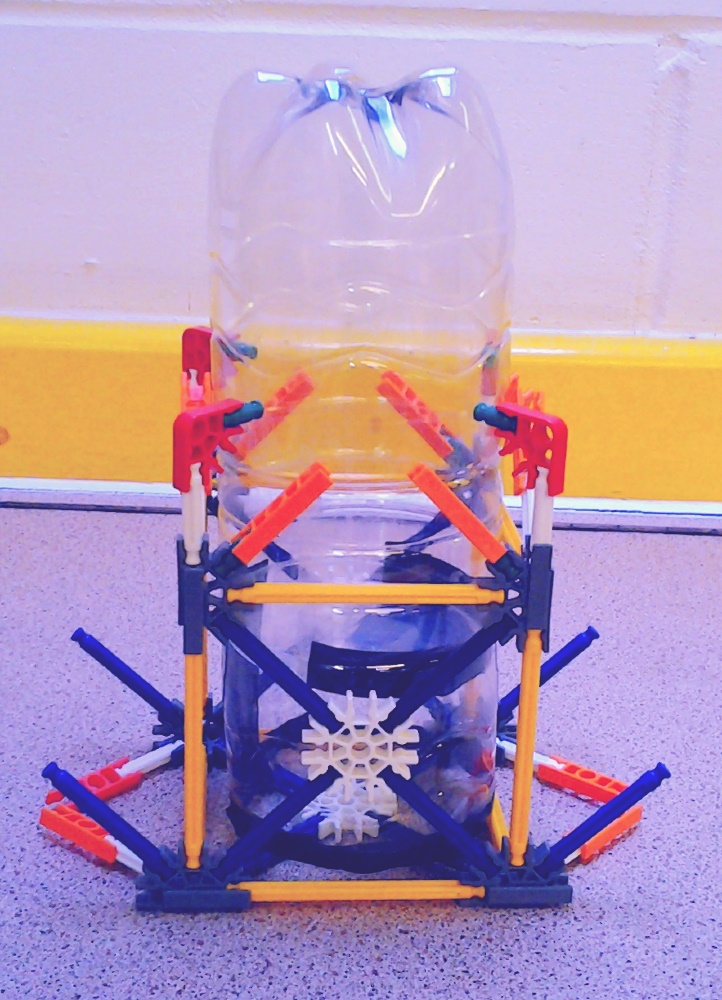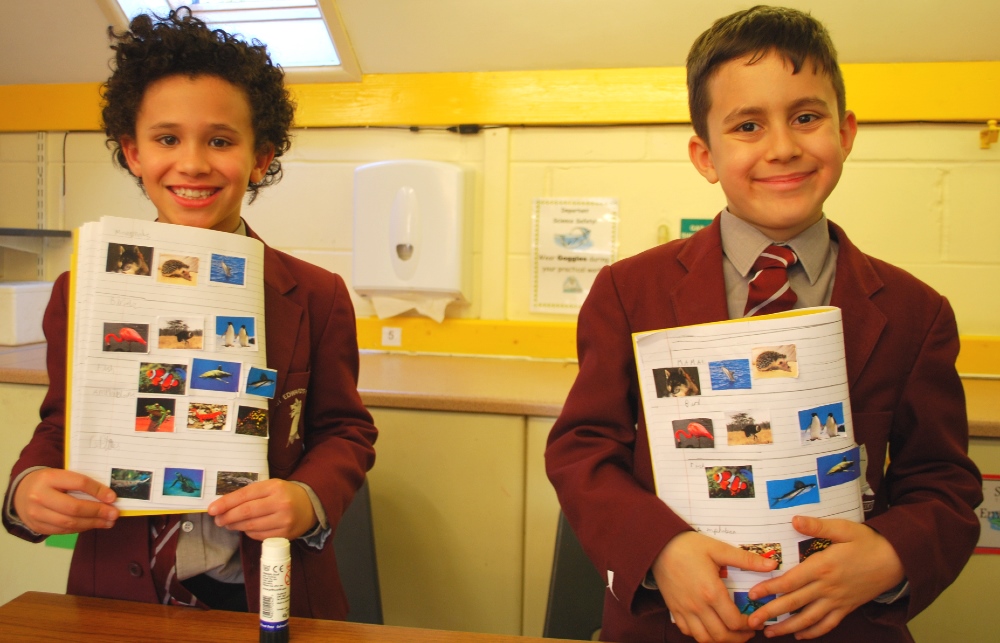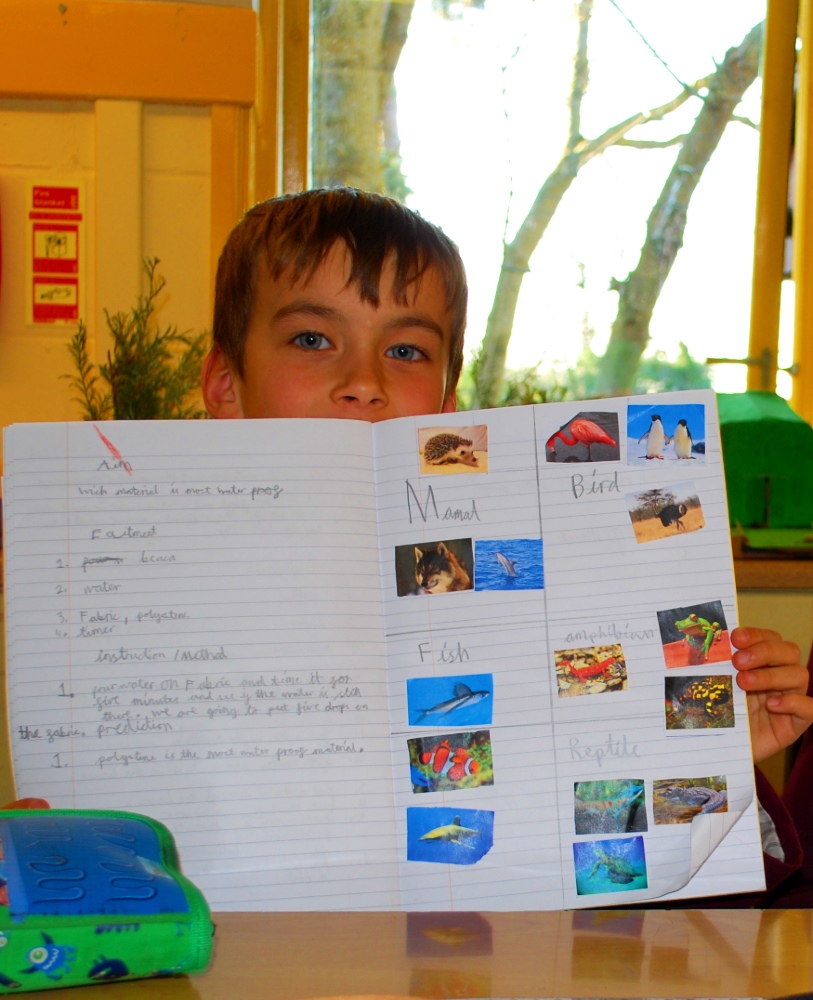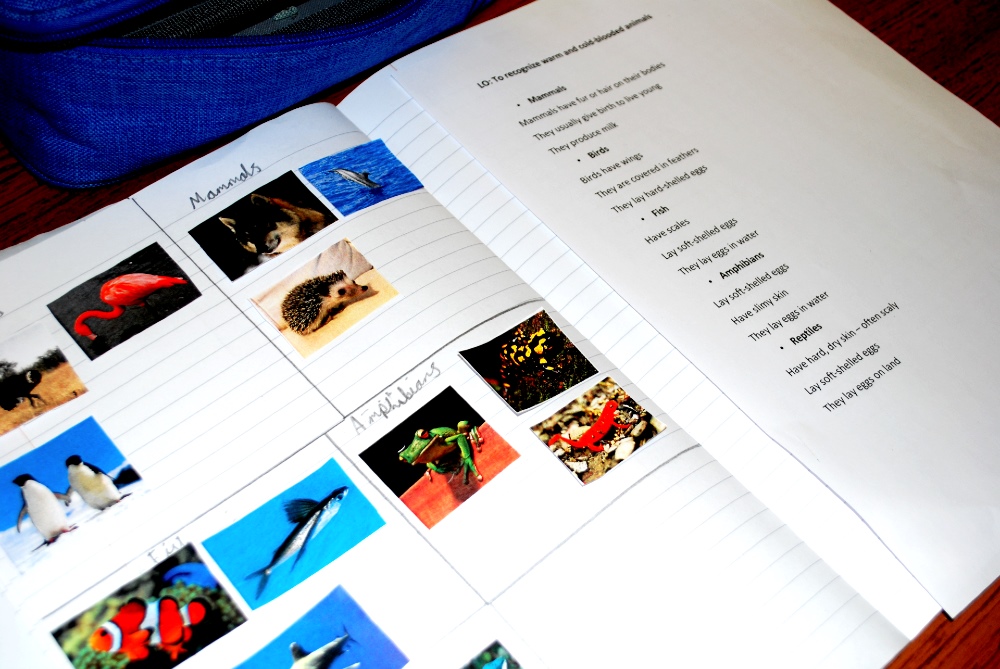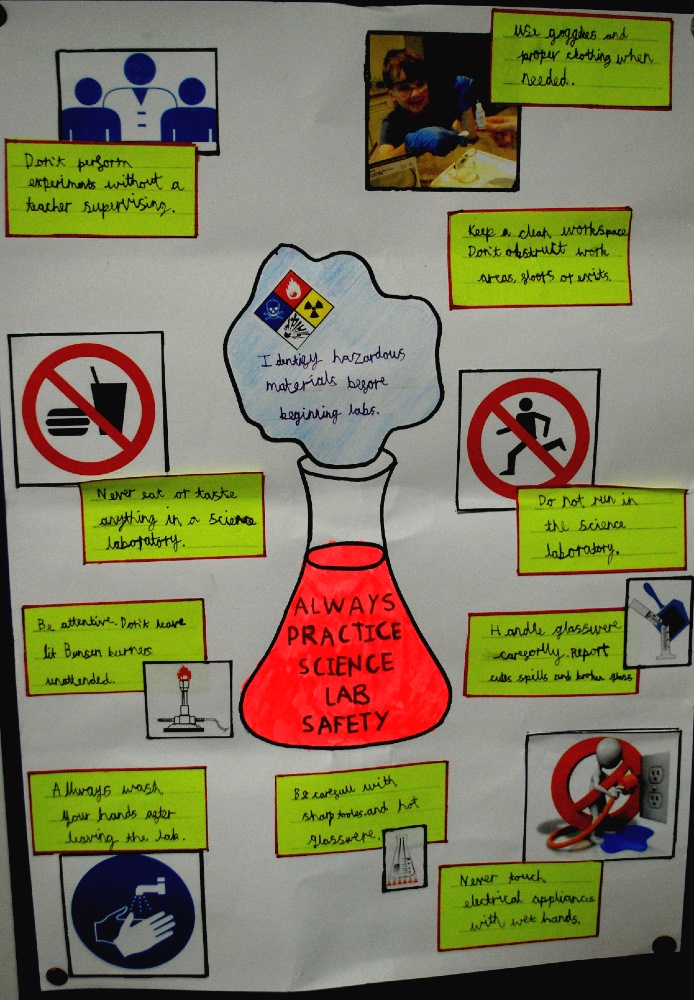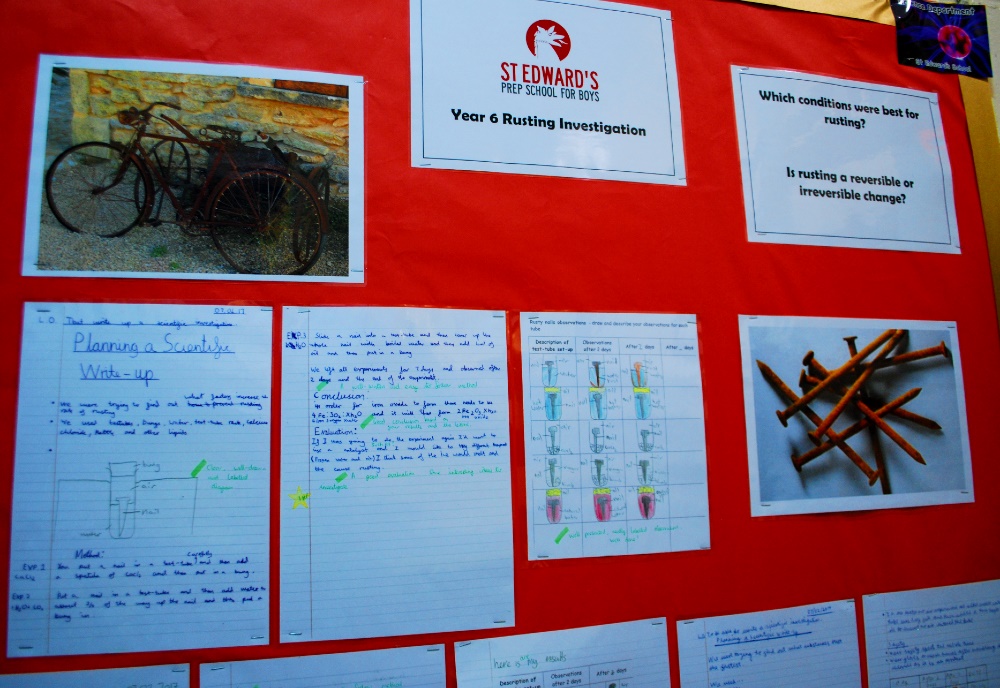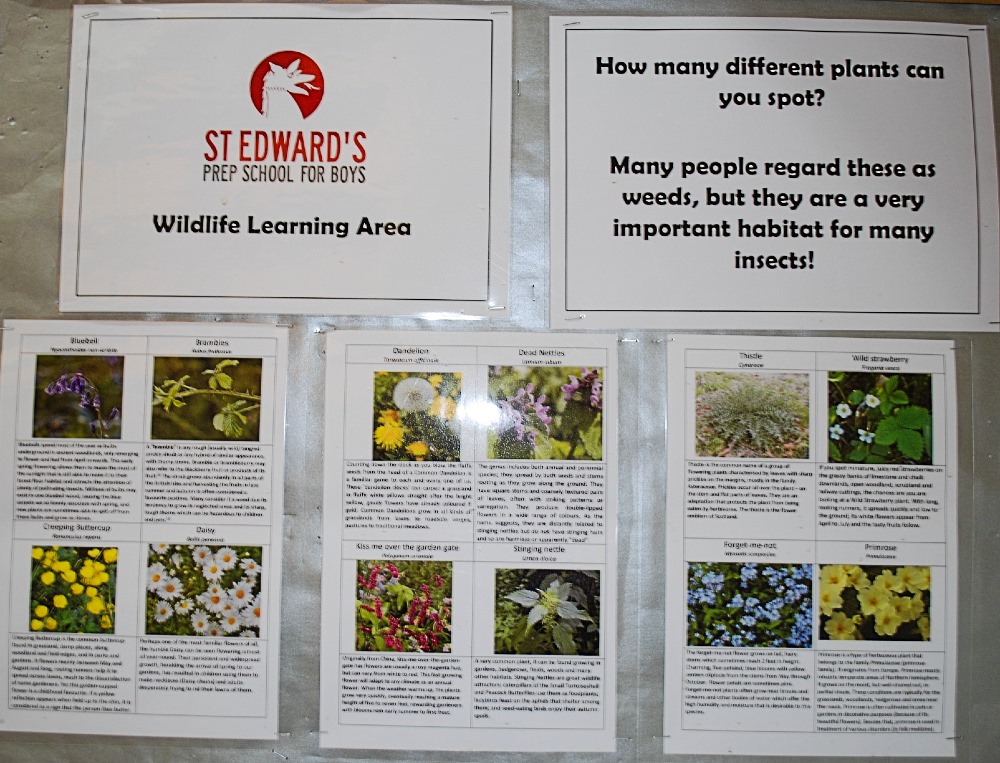21st Century Science -the tiniest particles to the vastness of space.

The aim of teaching Science at St Edward’s Prep School is to encourage our pupils to appreciate and seek a greater understanding of the amazing universe we live in: from the tiniest particles to the vastness of space.
By using an investigative approach, the children learn to hone their natural curiosity in lessons to make relevant observations and to also realise that Science is all around us in our everyday lives. Knowledge learnt in the classroom is applied to explain natural phenomena such as: how rainbows are formed, how things grow, how electricity flows around a circuit and why things fall downwards. This approach makes Science much more tangible for students and much of the curriculum is based around the timing of seasons such that the children’s learning inside the classroom is enhanced by what is going on in the world around them.
Our pupils are taught to appreciate that humankind’s impact on our planet may be detrimental and can contribute to the causes of many global problems, but that developing technologies in Science can be employed to resolve them. This is further investigated in our STEAM (Science, Technology, Engineering, Art and Maths) lessons and topic weeks. These are project-driven activities inspired by the 17 UN Global Goals for a sustainable future whereby the children are set a scenario and tasked with developing a product; taking it from initial concept, through rigorous scientific testing and evaluation, refining and re-testing before creation of a final design. They are encouraged to write a report of their findings and a detailed product description explaining how their product will work, what it is to be used for and why customers should buy it. This cross-curricular approach teaches the necessary 21st century learning skills from across all of the subject areas and prepares our children for life in Secondary school and beyond.
Collaboration is an essential part of Science and the students at St Edward’s regularly participate in group activities, each having the opportunity to take on roles to develop their leadership and team-working skills. They develop key critical thinking skills when planning their work, evaluating their findings and suggesting further investigations to pursue. Numeracy skills are developed by using mathematical formulae in calculations and application of key concepts taught in Mathematics in a practical context. Literacy skills are enhanced by communication of their ideas and observations utilising appropriate scientific language with their peers and teachers in a variety of formats including class discussions, designing of posters and presentations and by preparation of a robust and accurate record of their investigations.
Research skills are learnt by carrying out a range of activities investigating past, current and developing scientific breakthroughs. Many of the concepts covered in Science are taught through practical investigation to support, introduce or explain scientific theory and the children have the opportunity to creatively plan their own investigations and presentation of their work to answer set questions or solve real-life problems.
Science at St Edward’s is taught in a pupil-centred manner; a practical, hands-on, approach is used to introduce and explain key scientific concepts with the opportunity for child-led learning. Our students are inspired to collaboratively work together to achieve success and learn how to carry out practical work both safely and efficiently. Demonstration of key practical and research skills are celebrated alongside an understanding of theoretical knowledge, allowing all children to flourish. I love teaching Science at St Edward’s, the looks of wonderment on the students’ faces as they discover something new, the “light bulb” moments when they gain understanding of a difficult concept and the sense of achievement having successfully lit a Bunsen burner are extremely rewarding and inspire me to prepare new and exciting challenges for them!
Dr Dan Cane-Honeysett
Head of Science
St Edward’s Prep School
